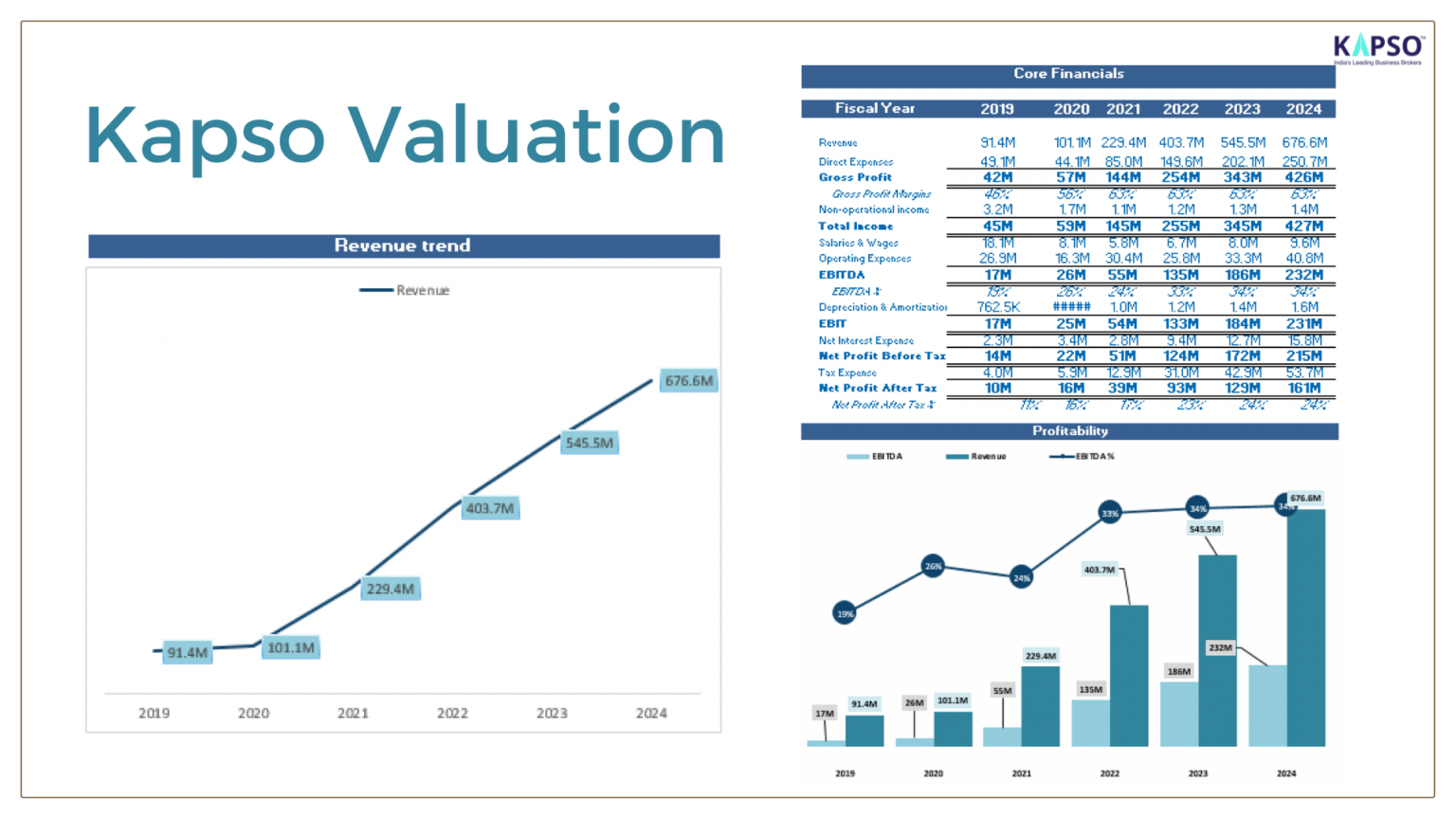Market fluctuations are an inherent aspect of the financial world, impacting economies, industries, and individual businesses. When it comes to assessing the value of a business, these fluctuations can play a decisive role.
Here, we explore how market volatility influences business valuation and what stakeholders and business valuation firms can do to navigate this landscape effectively.

The Interplay Between Markets and Business Worth
The value of a business is not a static figure; it’s influenced by a myriad of factors, including financial performance, industry growth, and competitive dynamics. However, market conditions often act as a multiplier to these elements, either amplifying or diminishing a company’s value in ways that can catch even the most astute investors by surprise.
- Influence on Financial Metrics
Business valuations frequently hinge on financial metrics such as earnings, cash flows, and revenue growth. Market fluctuations can directly impact these figures by affecting consumer behavior, cost of sales, and access to capital. For example, a rising interest rate environment can increase borrowing costs, dampening future cash flows and potentially lowering a business’s valuation.
- Risk Perception and Discount Rates
Market volatility can alter the perceived risk of investment, which in turn influences the discount rates used in valuation models. A volatile market often indicates higher risk, leading to increased discount rates, and subsequently, lower present values for future earnings. This inherent link between market sentiment and risk assessments is crucial in the valuation process.
- Impact on Comparable Valuations
The market-based valuation approach relies on comparing the target company to similar businesses in the industry. When markets are in flux, these comparables can experience shifts in their valuations, reflecting broader investor sentiment and economic outlook. This ripple effect means that market-induced changes in comparable company valuations can affect the relative valuation of other businesses in the sector.
Strategic Responses to Market-Driven Valuation Changes
While market fluctuations are beyond individual control, there are strategies businesses and investors can employ to mitigate their impact on valuation.
- Emphasizing Fundamental Analysis
In times of volatility, focusing on the enduring aspects of a business—such as strong management teams, unique competitive advantages, and solid market positioning—can help ground valuation in fundamental worth rather than transient market sentiment.
- Flexibility in Timing
For those considering buying or selling a business, timing can be crucial. Being able to wait out short-term market turbulence can make a significant difference in valuation. Sellers, in particular, may benefit from postponing a sale until market conditions improve, while buyers might find attractive opportunities during downturns.
- Regular Reassessment
Consistently revisiting and updating business valuations can help stakeholders stay aligned with current market realities. Frequent reassessments acknowledge that value is a moving target, especially in fluctuating market conditions.
- Hedging and Diversification
Investors and businesses can safeguard against extreme market fluctuations through hedging strategies or by diversifying their portfolios. This approach can reduce the vulnerability of the business’s value to focused market downturns in specific sectors or geographies.

Conclusion:
Market fluctuations are an inescapable aspect of the business valuation process, injecting both uncertainty and opportunity into the equation. By understanding how these shifts affect valuation and adopting strategic responses, stakeholders and business valuation firms can better manage the effects of market volatility. Vigilance, adaptability, and a focus on intrinsic value are key to maintaining a clear perspective on a business’s true worth amidst the ebbs and flows of market conditions. As investors and business owners navigate these challenging waters, the ability to respond confidently to market-induced changes will remain an essential component of successful financial decision-making.



